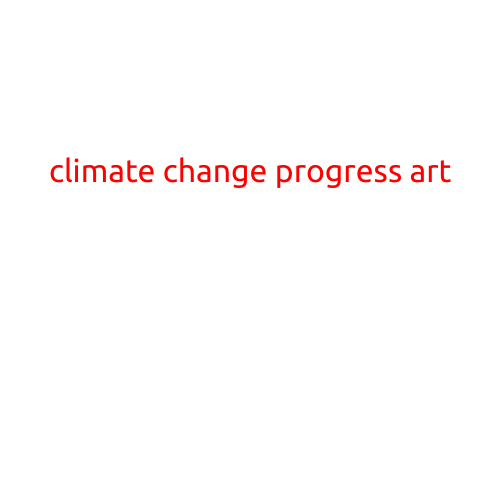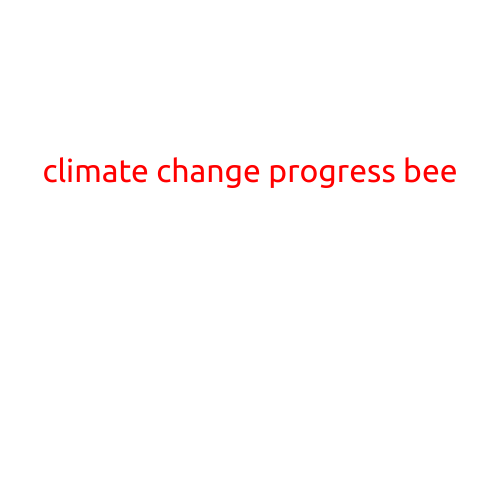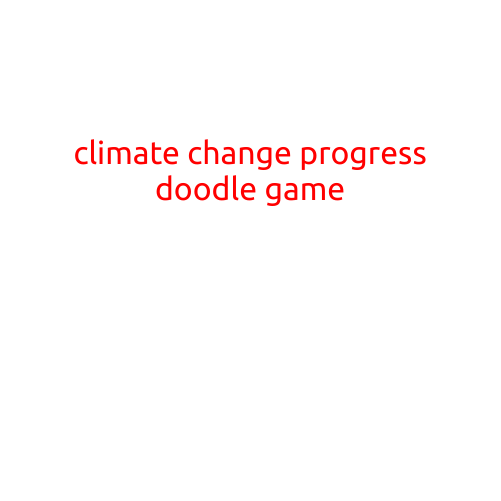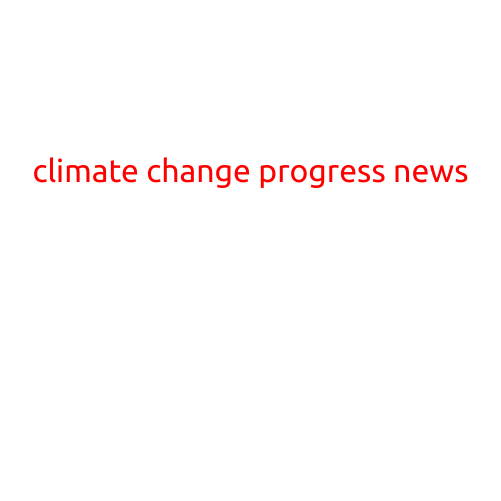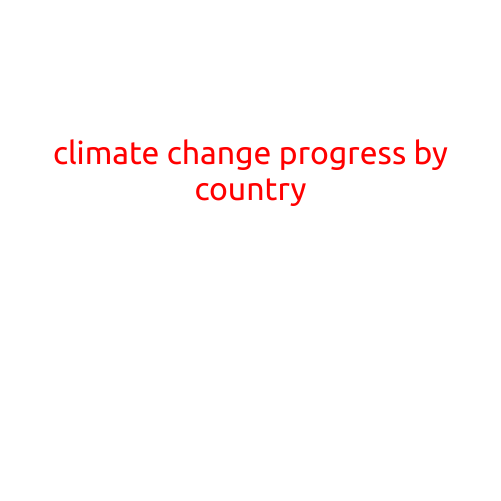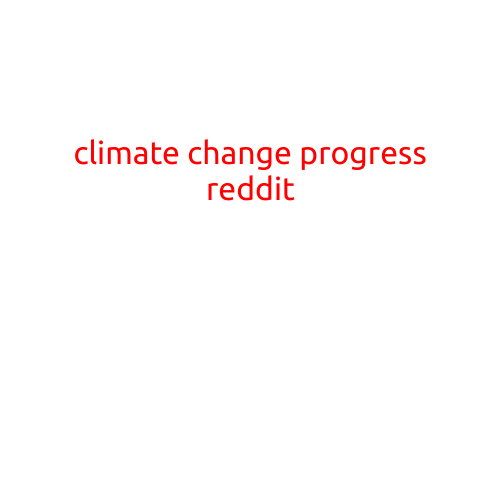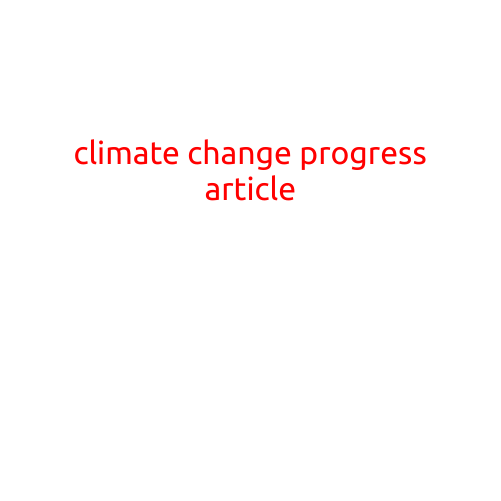
Climate Change Progress: A Cause for Hope Amidst the Challenges
The effects of climate change are no longer a topic of debate. Rising temperatures, melting glaciers, and extreme weather events are all clear indicators of the need for immediate action. However, amidst the dire warnings and predictions, there is a glimmer of hope. In recent years, progress has been made in addressing climate change, and this article will highlight some of the notable achievements and emerging trends that offer a beacon of hope for a sustainable future.
Renewable Energy
One of the primary drivers of climate change is the burning of fossil fuels, which releases massive amounts of carbon dioxide into the atmosphere. In response, a global shift towards renewable energy sources has accelerated. According to the International Energy Agency (IEA), renewables accounted for 26% of global electricity generation in 2020, up from 21% in 2015. This growth is driven by declining costs, innovation, and government policies.
Electric Vehicles
Another significant development is the increasing adoption of electric vehicles (EVs). In 2020, over 2 million EVs were sold globally, a 40% increase from the previous year. Governments, automakers, and charging infrastructure providers are working together to create a seamless EV experience, driving growth and reducing emissions.
Sustainable Infrastructure
Investment in sustainable infrastructure is crucial for mitigating the effects of climate change. Cities around the world are embracing green infrastructure, such as green roofs, urban forests, and green spaces, which help to absorb carbon dioxide, reduce urban heat islands, and improve air quality.
Carbon Capture and Storage
Carbon capture and storage (CCS) is a technology that captures CO2 emissions from power plants and industrial processes, then stores them underground. While still in its infancy, CCS has the potential to play a significant role in reducing emissions in the coming decades.
Coral Reef Conservation
Coral reefs are vital ecosystems that support biodiversity and coastal protection. In recent years, conservation efforts have gained momentum, with scientists and organizations working together to protect and restore coral reefs. This not only benefits the environment but also supports local communities that depend on these ecosystems.
International Cooperation
The impacts of climate change know no borders, and international cooperation is essential for addressing this global challenge. Diplomats, scientists, and policymakers are working together through forums such as the United Nations Framework Convention on Climate Change (UNFCCC) to develop and implement effective climate policies.
Climate Change Policy and Regulation
Governments around the world are implementing policies and regulations to reduce emissions and transition to a low-carbon economy. Examples include carbon pricing, clean energy standards, and electrification of transportation. These policies not only help to reduce emissions but also create new economic opportunities and jobs.
Emerging Trends
Several emerging trends offer hope for a sustainable future:
- Artificial Intelligence and Climate Modeling: AI is being used to improve climate modeling, allowing for more accurate predictions and better decision-making.
- Circular Economy: The movement towards a circular economy, where waste is minimized and resources are reused, has the potential to significantly reduce emissions.
- Green Finance: The green finance sector is growing rapidly, providing incentives for sustainable investments and projects.
Conclusion
While the challenges posed by climate change are significant, progress is being made. From the growth of renewable energy to the development of sustainable infrastructure, international cooperation, and policy initiatives, there is a glimmer of hope. As the world continues to confront the challenges of climate change, it is essential to build on these successes and accelerate the transition to a low-carbon economy. By working together, we can create a sustainable future for generations to come.
